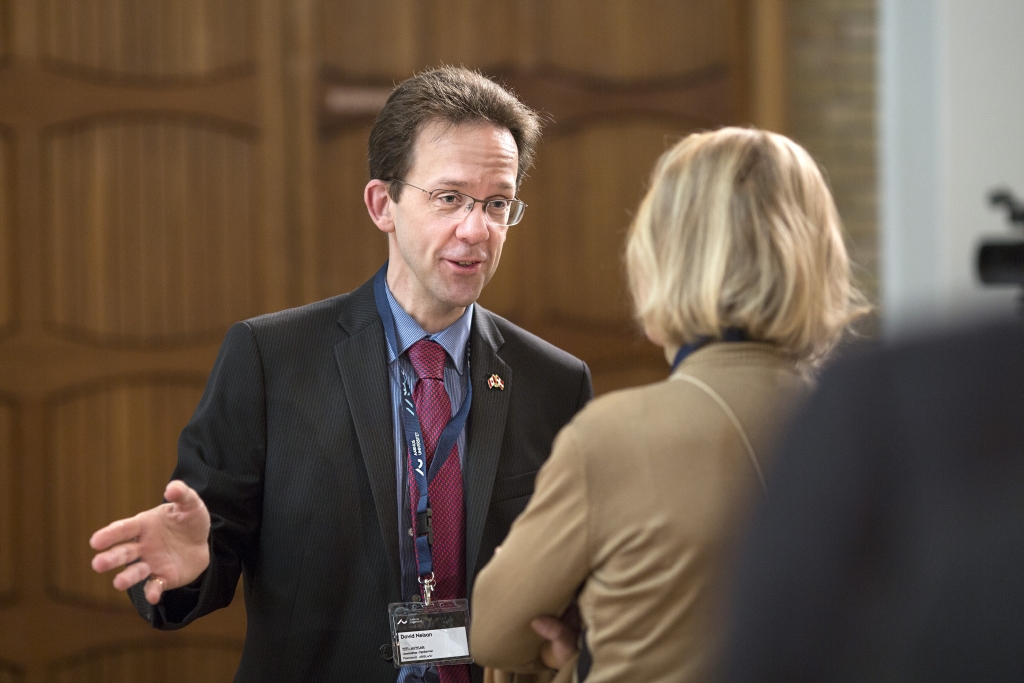New associate professor emeritus: Erik Kloppenborg Madsen
Erik Kloppenborg Madsen wishes to wind down his career and is therefore becoming associate professor emeritus. On 23 February, Erik marks his new position with a farewell reception at the Department of Management. Everyone is welcome.

Erik has a long and exciting career behind him. It has been a dynamic career, and he has enjoyed splitting his time equally between research and teaching while making sure that the two had a common thread.
Ethics and CSR important parts of his career
Erik’s career started within the area of “theory and practice” in business administration, but during the 1990s, his interests turned to business ethics in connection with a course that he completed together with his colleague Verner C. Petersen.
According to Erik, practice always has to do with ethics, as practice consists of actions which always have a moral dimension to them. His research into ethics led Erik to a collaboration with his colleagues John Thøgersen and Folke Ölander. Together they studied marketing, consumer spending and sustainability and, in Erik’s case, CSR in particular.
Right up until the end of the 1980s, CSR was a relatively unknown term, but today it is widespread, especially in large companies. Politically, support for CSR has fluctuated over the years. Around 2001, CSR, and sustainability in particular, was played down by politicians for a while, but Danish companies kept at it and the consumers followed suit. As a result, the interest in CSR did not decrease, and the environment in particular remained on the agenda in large companies.
In recent years, Erik has primarily worked with marketing history, but changes to the companies’ role in society has been a recurring theme over the years.
Good teaching is crumbling
Another important part of Erik’s career has been versatile teaching. He has taught many different courses at various levels, including Bachelor’s and Master’s level, the Graduate Diploma in Business Administration (HD), the MBA and PhD courses.
As the chairman of the board of studies and the director of studies from 2001-2002, Erik gained further insight into the students’ study conditions. The students who participated in the board of studies meetings were well-prepared and skilled, and experiences like these caused Erik to gain a far greater respect for his students’ skills. In this period, Erik became increasingly aware of how the study conditions have slowly deteriorated over time. Interactive learning methods, such as seminar series, are increasingly being cut.
According to Erik, students learn the most when they are taught in smaller classes. Learning occurs when you are able to engage in a discussion with your students. He appreciates the direct feedback from class participants, unlike when teaching takes place in large lectures where the teaching is primarily one-way communication.
In Erik’s experience, many ‘teaching paths’ lead to success, and as a lecturer, you must support the students in finding their own way to reach their goals. In smaller classes, questions may come up that take the teaching down a different path - but which can be crucial to discuss in relation to the learning process. The lecturer should not take over the responsibility for the student’s learning. Erik believes this responsibility should lie solely with the student.
